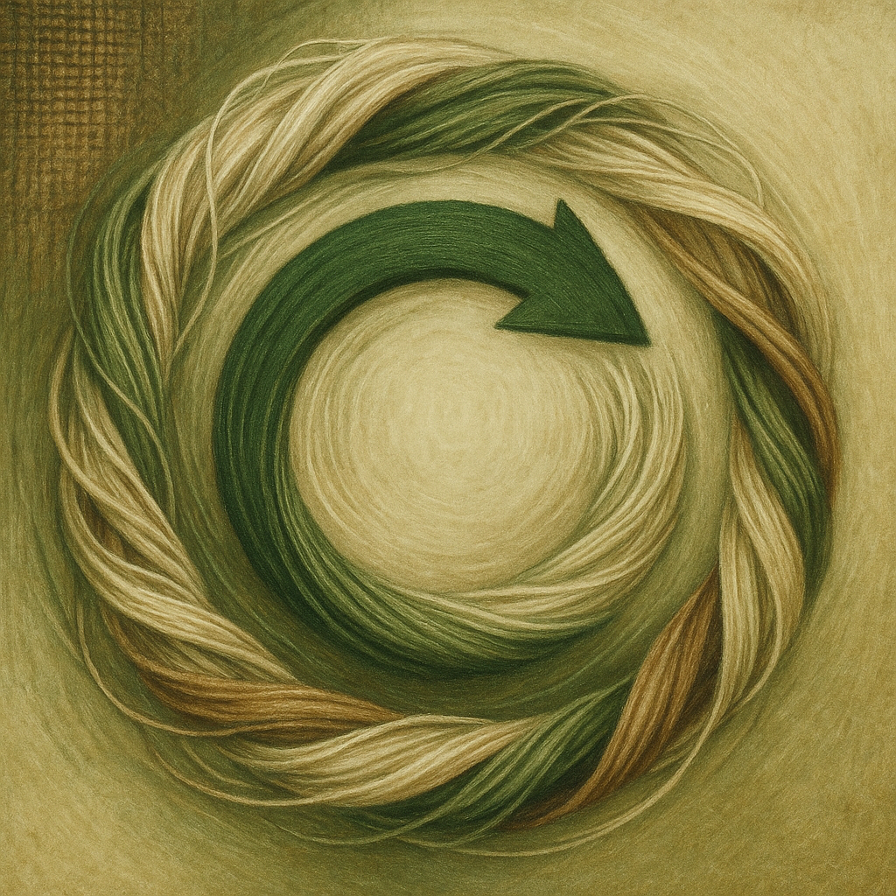Understanding Durability in Circular Business Models (DURBUS)

For decades, the textiles and apparel industry has relied on linear take-make-dispose business models, pushing high volumes of new product into markets. The textiles and apparel industry now faces increasing regulatory pressure to reduce its negative environmental and social impact. A widely discussed strategy is to extend the active lifecycle of garments through durable, better-quality clothing. Durability, however, is an ambiguous concept and a more complex understanding of durability is emerging that goes beyond material strength to notions of emotional, social and functional durability.
Background
Our understanding of durability and how it impacts product design, reuse, repair, and recycling is limited and businesses find it difficult to incorporate durability into more sustainable and circular business models, particularly where there is also an element of degrowth or slow growth. Additionally, digital technologies, particularly for traceability and product information, are needed and require new organizational capabilities and change.
Project aim
This project proposes to explore the concept of durability in the apparel and textiles industry, focusing on how various industry actors (e.g. fashion brands, designers, suppliers) define durability and how they incorporate it into viable circular business models. We work closely with partners from Denmark and Ireland to gain a comparative and contextualized understanding of durability, the enablers, barriers, and ways of incorporating it into business models.
Method
Interviews with various industry actors in three European countries – the Netherlands, Denmark, and Ireland. We will also organize an (online) interactive workshop in which we will share initial research findings and work together on identifying best practices for creating more durable garments.
Results
We aim to disseminate our results through various outputs, including a practitioner-focused report and an academic peer-reviewed publication. We aim to organize roundtables to present and discuss the results with a larger group of industry stakeholders, with the intention of expanding our network and preparing a proposal for a follow-up study.
Expected societal impact
We aim to create novel guidelines, frameworks, or training materials about durability and its effects on circular design and business models, directly impacting practitioners and circular transformation in the textiles and apparel industry.
Link with education
We will incorporate the results into our teaching at AMSIB/FBE.
Team
- Lori Divito
- Jakomijn van Wijk
- Zita Ingen-Housz
Partners / stakeholders
Research group involved
This project is associated with research group Collaborative Innovation & Entrepreneurship, part of the Centre of Expertise for Economic Transformation (CET).
This project is subsidized by Regieorgaan Sia.